MS-LS2-2
Construct an explanation that predicts patterns of interactions among organisms across multiple ecosystems.
-
 Health & Medicine
Health & MedicineEbola emerges in the Congo
The Democratic Republic of Congo (formerly Zaire) is where the Ebola virus was first discovered in 1976. This nation has just been hit again by the disease. Scientists suspect this is a new and independent outbreak — not a spread of the epidemic ravaging West Africa.
By Janet Raloff -
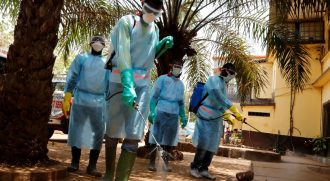 Health & Medicine
Health & MedicineEbola treatments and vaccines could be near
Using experimental medicines against Ebola might help to slow or end an outbreak in Africa that has defied efforts to control it.
By Nathan Seppa -
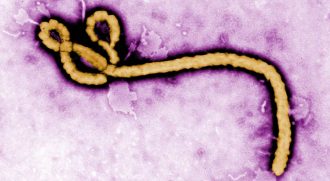 Health & Medicine
Health & MedicineExplainer: What is Ebola?
A virus is behind the hemorrhage-inducing infection called Ebola. It causes fevers and often intense bleeding — seemingly from anywhere and everywhere.
By Janet Raloff -
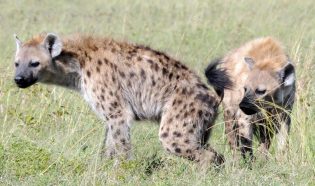 Animals
AnimalsGerms explain some animal behaviors
The bacteria that people and other animals host in and on their bodies are invisible to the eye. Yet they can play a very visible role in behavior. It’s something scientists are just coming to appreciate.
-
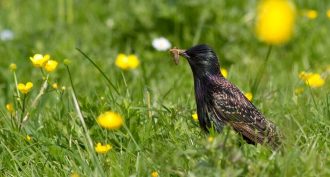 Environment
EnvironmentBug-killer linked to decline in birds
One of the most popular chemicals used to protect crops from bugs may also take a toll on birds, a Dutch study finds. U.S. farmers also rely on these insecticides, a second study finds.
By Stephen Ornes and Janet Raloff -
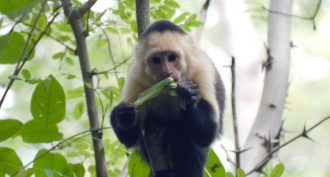 Animals
AnimalsBugs may have made us brainy
Finding and eating bugs when other food was scarce helped primates — including our ancestors — evolve bigger and better brains. At least that’s the conclusion of a new study in Costa Rica.
-
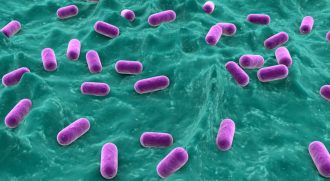 Microbes
MicrobesThe war on superbugs
Doctors and scientists are exploring ways to stem the growing global crisis of antibacterial resistance.
-
 Microbes
MicrobesExplainer: What you can do to fight antibiotic resistance
Doctors and scientists are not the only people who can help preserve the effectiveness of life-saving antibiotics. Even patients have a role to play, as these tips show.
-
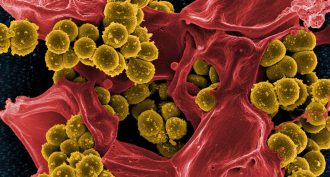 Microbes
MicrobesSuperbugs: A silent health emergency
Have antibiotics become too popular? Overusing these medicines fuels resistant germs that pose a global health threat.
-
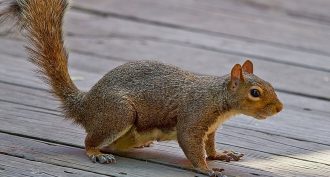 Animals
AnimalsStalking squirrels for science
A scientist noticed the squirrels in his family’s town, and began studying them. His results show why squirrels are such good city dwellers, and prove that science is right outside your door.
-
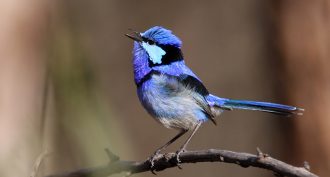 Animals
AnimalsA library of tweets (and howls and grunts)
The Macaulay Library houses a world of animal sounds. And now anyone with an Internet connection can check out this audio collection.
-
 Microbes
MicrobesConvincing bacteria they’re alone
Caffeine may be the trick to confusing some bacteria into thinking they’ve not yet summoned enough troops to launch a successful attack on their host. It could prove an alternative to antibiotics for certain infections.
By Sid Perkins